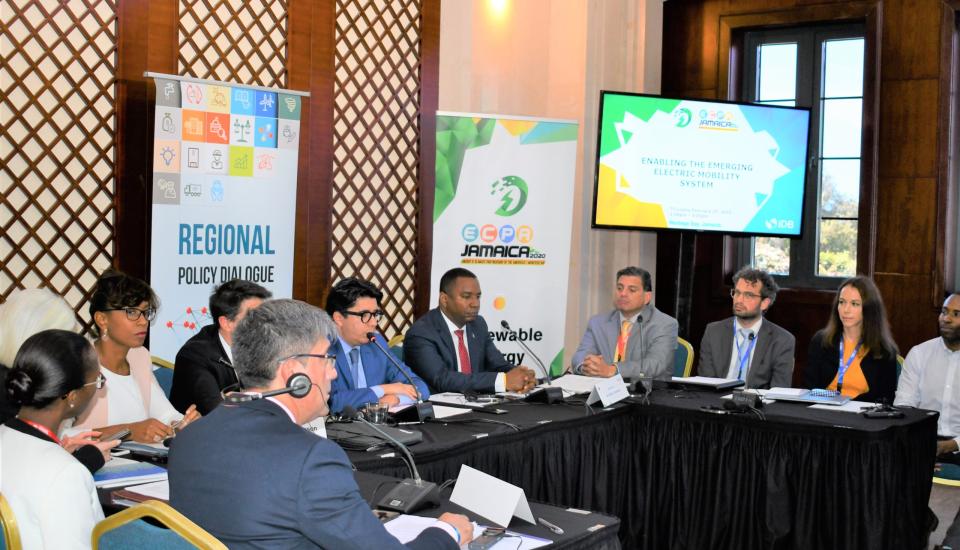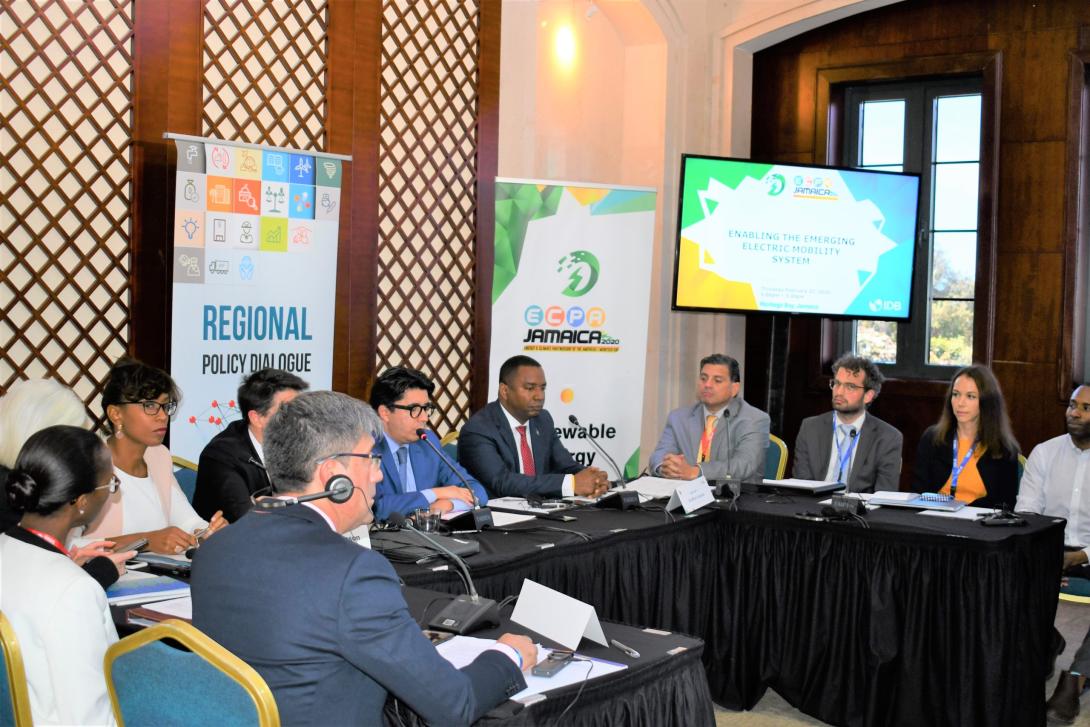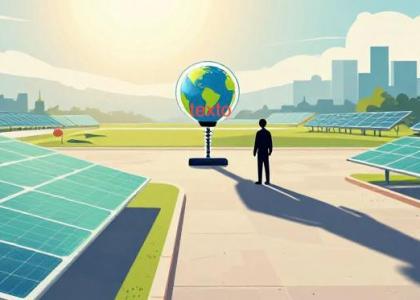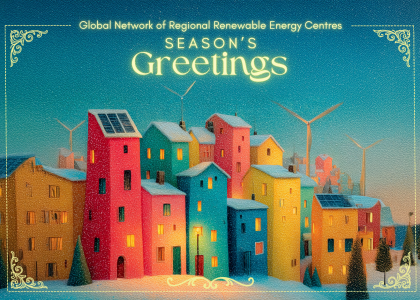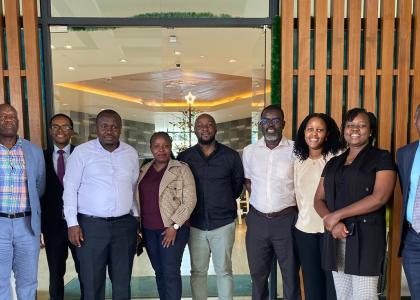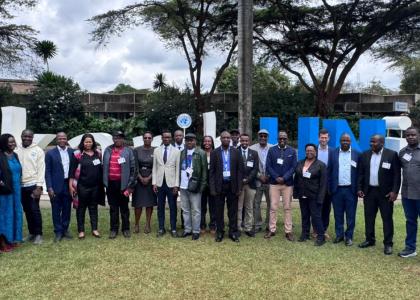Ministers of Energy, Permanent Secretaries and other high-level officials from Latin America and the Caribbean gathered in Montego Bay, Jamaica February 27-28 to discuss the most pressing energy-related issues of our time. The Fourth Ministerial Meeting was held under the theme ‘Energy Resilience and Investment Opportunities’, which is fitting for the region served by the Partnership; a region fighting to establish and maintain resilience – in light of its many vulnerabilities – and a region which struggles to secure financing for climate and energy initiatives, as many countries are considered middle-income, yet have limited national budgets.
The Ministerial Meeting fostered public-private policy dialogue between business and government leaders in the Americas on priorities, challenges, and opportunities for economic growth and development. Discussions centred on issues relating to financial mechanisms for clean and renewable energy, investment opportunities in energy efficiency, electric mobility as well as strategies to increase private sector engagement in energy infrastructure development.
The Caribbean Centre for Renewable Energy and Energy Efficiency’s (CCREEE) Energy Efficiency Expert, Cornelia Schenk, was a panellist in a side event entitled, ‘Enabling the Electric Mobility Ecosystem’ where, along with other experts, she examined the region’s readiness for the anticipated electric vehicle (EV) revolution. During the discussion, Ms Schenk noted that as the sector transitions, electrification needs to be accompanied by more inclusive transport planning and management. “This means linking the transport and electricity sectors with urban planning, and transport demand planning and management to develop truly integrated solutions. It’s not just about having more EVs,” Ms Schenk said. She also noted that EV batteries present several considerations: “batteries are a factor in the total cost of ownership (TCO) and we need to develop strategies now both for the sustainable sourcing of materials and end of life management, which includes repurposing and recycling.”
Ms Schenk’s participation in the panel discussion comes on the heels of the CCREEE developing a suite of knowledge products on the topic of e-mobility. The Centre, having partnered with the C-SERMS Electric Vehicle Working Group, developed a framework for the forthcoming Regional Electric Vehicle Strategy (REVS). Sharing recently on the suite of products developed, CCREEE’s Executive Director Dr. Gary Jackson remarked that a key area of focus within the transition needs to be knowledge management and awareness building. “We’re advocating for and are entirely supportive of the impending EV transition and we know that having information readily available will assist Member States and citizens in making informed decisions.” CCREEE has also produced a Position Paper: The Future of E-Mobility in the Caribbean, a Technical Paper: Electric Vehicle Batteries and, a child-friendly version of a FAQ document – What do I need to know about EVs?
The Centre also contributed to discussions surrounding gender in a side event which focused on mainstreaming gender in energy. In this event, the Centre was represented by Charlin Bodley who functions as CCREEE’s Project Development and Gender Expert. Joined by colleagues from other development agencies, Ms Bodley noted during her presentation that “a 2016 study conducted in a global context found that having about 30% of women in corporate leadership within the power and utilities sector equates to at least 15% increase in profits,” concluding that gender balance makes sense for the triple bottom line in a business sense - people, the planet and profits.
Ms Bodley underscored that the CCREEE is very concerned with gender responsiveness to benefit all end users and beneficiaries in all its programmes, projects and other activities, placing it as one of the Centre’s crosscutting areas. The CCREEE is leading by example, having 50% of its staff being made up of women professionals.

